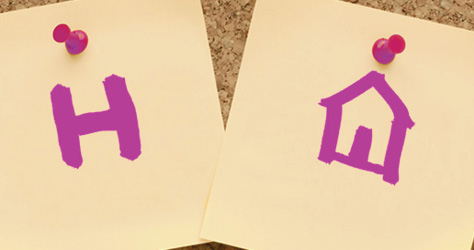Having a home birth
Around one in 50 babies are born at home in England, and if you have a low risk pregnancy, your midwives will support your decision to have a home birth.
At a glance
- Around one in 50 babies are born at home in England
- Having a home birth allows you to be in a relaxed, familiar environment
- Your midwife will bring along all the equipment they will need

Home Birth - is it safe?
Official figures show there is a very slight risk increase of a poor outcome for women having their first baby at home - from five in 1,000 for a hospital birth to nine in 1,000 - almost 1% - for a home birth.
For those having their second or subsequent birth, a planned delivery at home is as safe as a hospital environment.
If the birth is higher risk, a home birth might not be the best option. This includes:
Pregnancy complications – These could be pre-diagnosed or complications that develop during the early stages of labour e.g. preeclampsia, premature labour, a baby in the breech position or if you’re having twins or more
Existing medical conditions – You may be advised against having a home birth if you have a high blood pressure or suffer from or have developed diabetes during your pregnancy
Previous surgery – If you’ve had a C-section before or other uterine surgery, you may be at a higher risk of complications and a home birth might not be the best option
What are the advantages of having a home birth?
Being relaxed, in a familiar environment which you feel safe in, being surrounded by your own things, and having your family on hand to support you.
There are also practical advantages to birthing at home if you have other children that don't want to leave with friends or relatives while you’re in hospital. You are also less likely to have intervention such as forceps or ventouse if you birth at home.
Will I need to get any special equipment?
You might want to invest in some shower curtains to use as a waterproof layer over your bed or wherever you choose to labour (although your birth will not be nearly as messy as you might think!). Your midwife may drop off a home birth kit in the weeks leading up to your due date which will contain their equipment, which will usually include large disposable pads to cover surfaces.
What about pain relief during a home birth?
Your midwives will bring 'gas and air' – Entonox – with them, and you could also consider privately hiring a TENS machine to help manage your pain.
Who will deliver my baby?
You will have two midwives for your home birth, although obviously because of shift-patterns, you might find they are not ones you are familiar with or have already met during your antenatal care. You might also be asked if you would be willing to have a student midwife present.
Is home birth for me, though?
Home birth is not for everyone – some mums relish the organised, bustling environment of a hospital, or the relaxed, yet still reassuringly 'safe' feel of a birthing centre. The final choice will come down to what you think is right for you and your family. But, if you do choose to deliver at home, what could be nicer than curling up in your own bed with your brand new baby straight after your delivery?
'My home birth midwives were fantastic, they worked well together, quickly understood my needs, and coached me through my breathing techniques, making the final stage really effective and manageable.'
Watch this NHS video on what you need to know about giving birth at home or at a birthing centre.
----------------------------------------------------------------------------------
